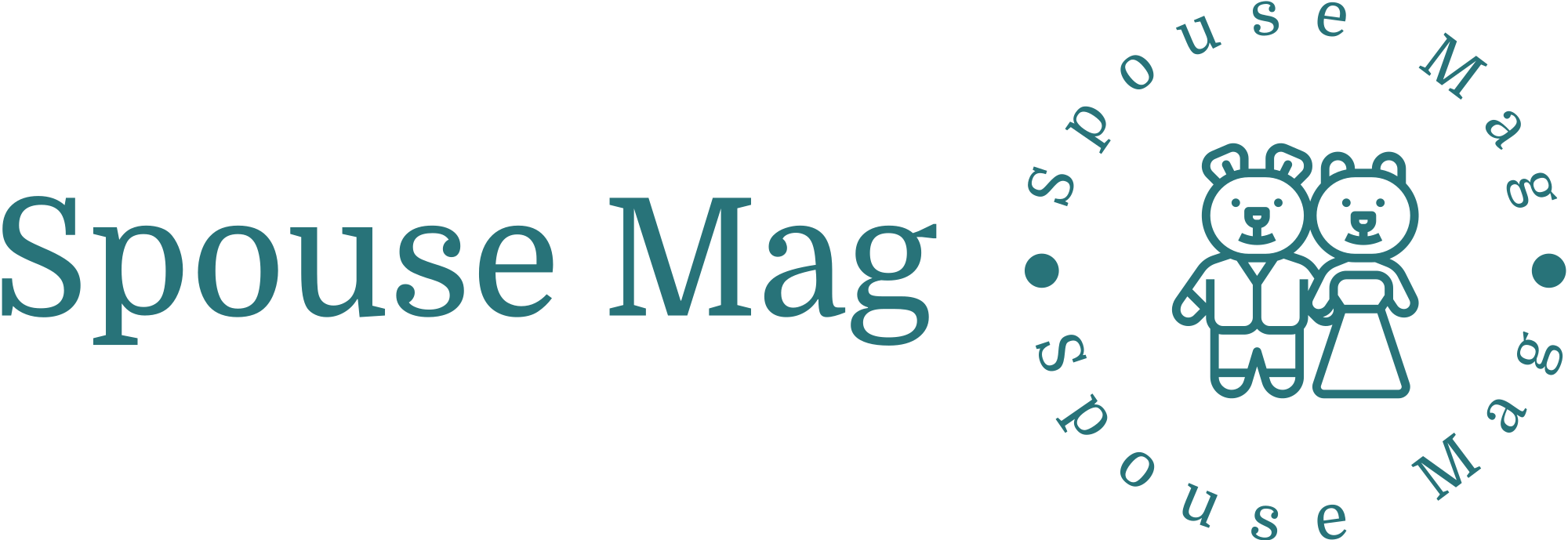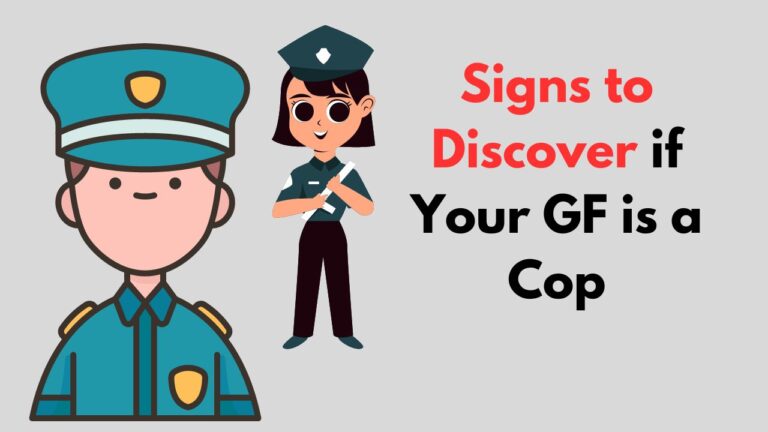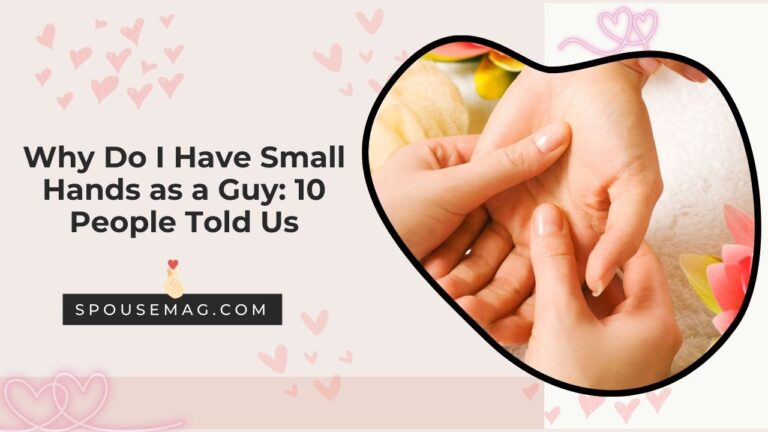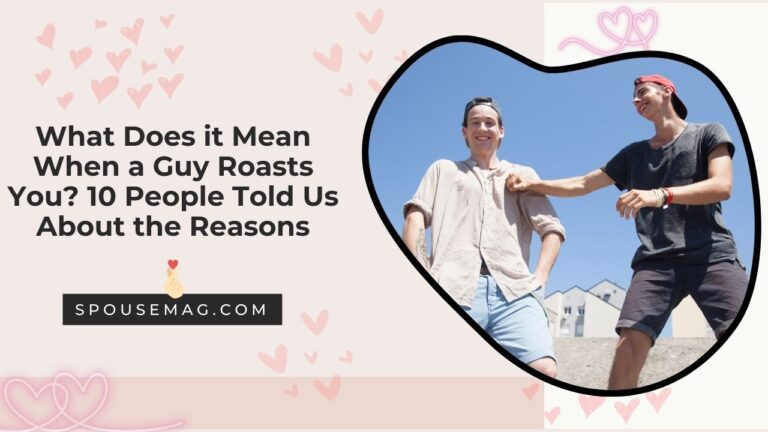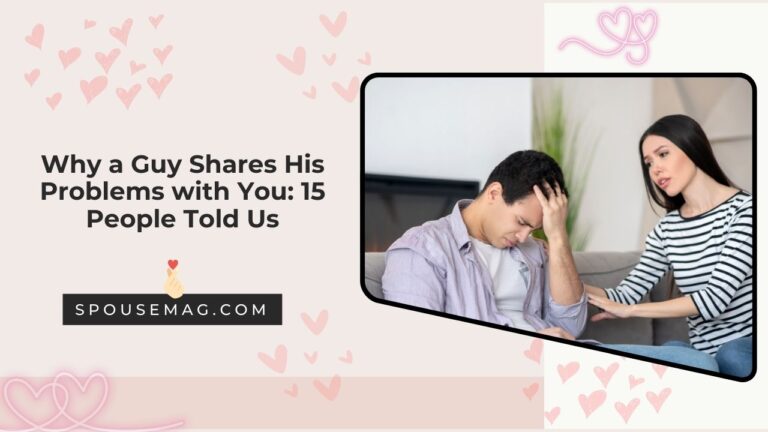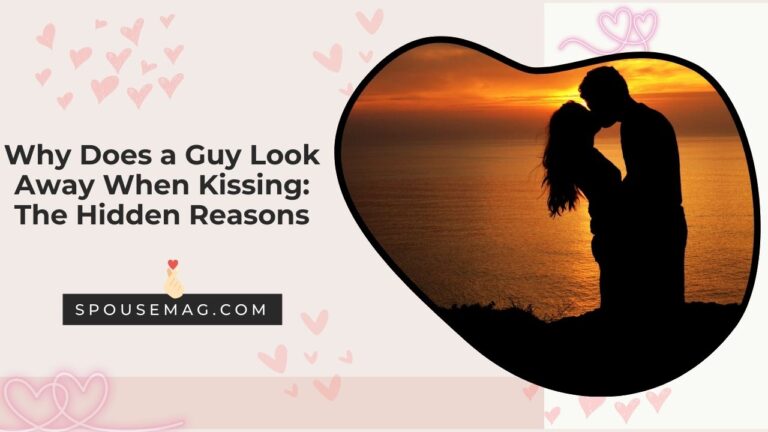
I’ve always wondered why guys call me ‘honey’. Is it a term of endearment or just a habit? I remember the first time a guy called me ‘honey’ – it was on a date, and it felt too familiar, too soon. I prefer it when people use my name or a more personal term of endearment.
But as I’ve gotten older, I’ve realized that some guys use ‘honey’ as a default term for women they’re interested in.
It’s not always a bad thing, but it feels impersonal sometimes. For me, it’s about feeling seen and respected as an individual, not just a sweet nothing whispered in my ear.
Real-Life Anecdotes: Human Experiences
Nina shares her personal experience: “I’ve had guys call me ‘honey’ in the past, and to be honest, it’s always made me feel a bit uneasy. It’s like they’re trying to be friendly, but it comes across as insincere or even condescending. I prefer it when people use my name or a more personal term of endearment.”
Kimberly recounts her experience: “I’ve had a few boyfriends who would call me ‘honey’ all the time, and at first, it was sweet. But after a while, it started to feel like they were using it as a default term instead of actually taking the time to get to know me. It felt impersonal like they weren’t really seeing me as an individual.”
11 Voices on “Why Does a Guy Call Me Honey?”
We talked to 11 people from different walks of life about the topic and here’s what they had to say:
1. John, Relationship Counselor (40, New York)
John, a seasoned relationship counselor, shares his wisdom. “When a guy calls you ‘honey,’ it’s often a sign of affection and a desire to deepen your emotional bond. It’s a way to show warmth and care, and understanding this leads to healthier communication and stronger connections.”
2. Emily, Linguistics Professor (35, Chicago)
Emily, a linguistics professor, offers her scholarly perspective. “Language is a powerful tool for expressing emotions and building rapport. When a guy calls you ‘honey,’ it’s a linguistic strategy to establish familiarity and closeness. But remember, interpretation varies based on cultural and social contexts!”
3. Michael, Cultural Anthropologist (45, Los Angeles)
Michael, a cultural anthropologist, jumps into the cultural significance of terms of endearment. “In different cultures, ‘honey’ means different things. Understanding these nuances is essential to deciphering intentions. It’s like uncovering hidden meanings in a conversation!”
4. Sarah, Psychologist (38, Houston)
Sarah, a psychologist, provides insights from a psychological standpoint. “Human behavior is complex, and terms of endearment serve various psychological functions. For some, ‘honey’ signifies emotional closeness and reinforces positive reinforcement in relationships. But individual differences and relationship dynamics matter too!”
5. Christopher, Social Media Influencer (28, Miami)
Christopher, a social media influencer, offers a contemporary perspective. “In today’s digital age, terms of endearment like ‘honey’ are everywhere – even online! It’s a sign of evolving social norms and our desire for authenticity and connection in virtual interactions.”
6. Jessica, Fashion Designer (32, San Francisco)
Jessica, a fashion designer, shares her viewpoint. “As a designer, I see ‘honey’ as a form of sartorial charm, adding a touch of sweetness to interactions. It’s like accessorizing with affection!”
7. William, Business Executive (50, Seattle)
William, a seasoned business executive, offers his perspective. “In the corporate world, effective communication is key. Terms of endearment like ‘honey’ are used strategically to build rapport and professional relationships. It’s like networking with a personal touch!”
8. Ashley, Marketing Strategist (33, Boston)
Ashley, a marketing strategist, provides insights from a strategic standpoint. “From a marketing perspective, terms of endearment are powerful tools for forging emotional connections with consumers. ‘Honey’ evokes feelings of warmth and familiarity, resonating with target audiences on a personal level.”
9. James, Technology Entrepreneur (42, Austin)
James, a technology entrepreneur, shares his insights. “In the tech industry, innovation is driven by understanding human behavior and communication patterns. Terms of endearment like ‘honey’ reflect the human element in technology, emphasizing empathy and connection in product development and user experience.”
10. Jennifer, Healthcare Professional (36, Philadelphia)
Jennifer, a healthcare professional, offers her perspective. “In healthcare, effective communication is essential for building trust and rapport with patients. Using terms of endearment like ‘honey’ creates a comforting and supportive environment, enhancing the overall patient experience.”
11. David, Legal Consultant (48, Washington D.C.)
David, a legal consultant, provides insights from a legal standpoint. “In legal discourse, language plays a crucial role in shaping perceptions and interpretations. Understanding the legal implications of terms of endearment like ‘honey’ is vital in contractual agreements and professional communications. It’s like decoding legal jargon!”
Top 4 Reasons Why Guys Use “Honey“
So, why do guys use these terms in the first place? Here’s the breakdown, with a deeper look at each reason:
1. Flirting: The Playful Persuasion
This is probably the most obvious reason. Terms of endearment are a subtle shift from formality to friendliness, potentially with a touch of flirtatiousness. It’s a way for a guy to show interest and create a connection. Watch for these signs:
He uses “honey” with a teasing or slightly drawn-out tone, perhaps accompanied by other playful terms like “sweetheart” or “darling.” His body language becomes more open and inviting, with good eye contact, a charming smile, and some light physical contact like a gentle touch on the arm.
Is he actively engaged in conversation, asking questions about you, and finding ways to keep the conversation going? These are all clues that “honey” is his flirting tool.
Also Read:
- 30 Flirty Responses When a Guy Says Sweet Dreams
- 20 Flirty Responses to How Was Your Day
- 20+ Flirty Response To What Are You Doing?
2. Habit/Manners: The Unintentional Endearment
Some guys use terms like “honey” or “sweetie” for everyone, like a reflex. It is a regional thing or simply their way of being polite. Here’s how to tell the difference:
Does he use “honey” universally, with everyone he talks to regardless of age, gender, or situation? If so, it’s likely just a habit. Is his tone flat and emotionless? Does he use it with cashiers, waiters, or even strangers on the street? These are signs it’s more of a general courtesy than a romantic one. Consider the setting as well.
In casual settings like a coffee shop, using terms of endearment as a general courtesy is more common.
3. Regional/Cultural Differences: The Location Factor
In some parts of the country or even cultures, using terms of endearment like “honey” is more common and doesn’t necessarily imply romantic interest. Here’s how to navigate this:
A little online research or asking a friend familiar with the area provides some insight into whether he comes from a region known for using terms of endearment more freely. Is his overall demeanor otherwise respectful and appropriate? Does he seem genuinely interested in getting to know you?
If so, “honey” is just a cultural thing. If you’re unsure, don’t be afraid to ask! A simple, “Hey, I noticed you call everyone ‘honey.’ Is that a common thing where you’re from?” can clear up any confusion.
4. Age Gap/Power Dynamics: The Delicate Balance
This is where things get tricky. If a much older man uses “honey” with you, it feels patronizing or disrespectful. Here’s why:
A significant age difference creates a power imbalance, making terms of endearment feel like a way to diminish your age or intelligence. Respectful communication is key in any relationship, and using terms of endearment should feel like a way to build connection, not diminish your individuality.
Trust your gut feeling here. Age shouldn’t be the only factor, but a significant age difference creates an imbalance in power dynamics, making terms of endearment feel off-putting.
Knowing the Context is Key
“Honey” on its own doesn’t tell the whole story. Here’s how to get a clearer picture:
- Body Language and Tone: Is he leaning in close, making eye contact, and using a playful tone? That suggests flirting. Is he monotone and keeping his distance? Probably just a habit.
- The Situation: Are you at a bar, or grabbing coffee with a casual acquaintance? The setting influences how a term of endearment is used.
- Other Signs of Interest: Is he complimenting you, asking you out, or showing other signs he’s into you? These help confirm his intentions.
Communication is Your Superpower
Ultimately, how you feel about terms of endearment is what matters most. Here’s the golden rule:
Speak Up! If you’re uncomfortable with being called “honey,” politely tell him you prefer to be addressed by your name.
Explain Your Feelings: Something like, “Hey, I appreciate you being friendly, but I’d actually prefer you call me my name.” Honesty is key!
Set Boundaries: If his behavior makes you feel disrespected, don’t be afraid to walk away or end the conversation.
Conclusion
Remember, you get to decide what feels comfortable and respectful. Don’t be afraid to communicate your preferences! And if “honey” just isn’t your jam, there are plenty of other terms of endearment out there.
Maybe he can call you by your favorite nickname, or something cute you come up with together.
The important thing is to feel good about the way you’re addressed in the dating world. Now go out there and conquer your dating life, with clear communication and confidence by your side!

As a married wife, founder, and editor of SpouseMag.com – these guides are based on my own personal experiences, observations, research and insights. I am transparent about being inspired by the life and work of the two greatest experts in the relationship space – Dr. John and Julia Gottman, and Harville and Helen. They two are some of the strongest couples, researchers, authors, and counselors when it comes to marriage and relationships. My advice and guides are based on my insights and research, and they are not an alternative to professional advice.
